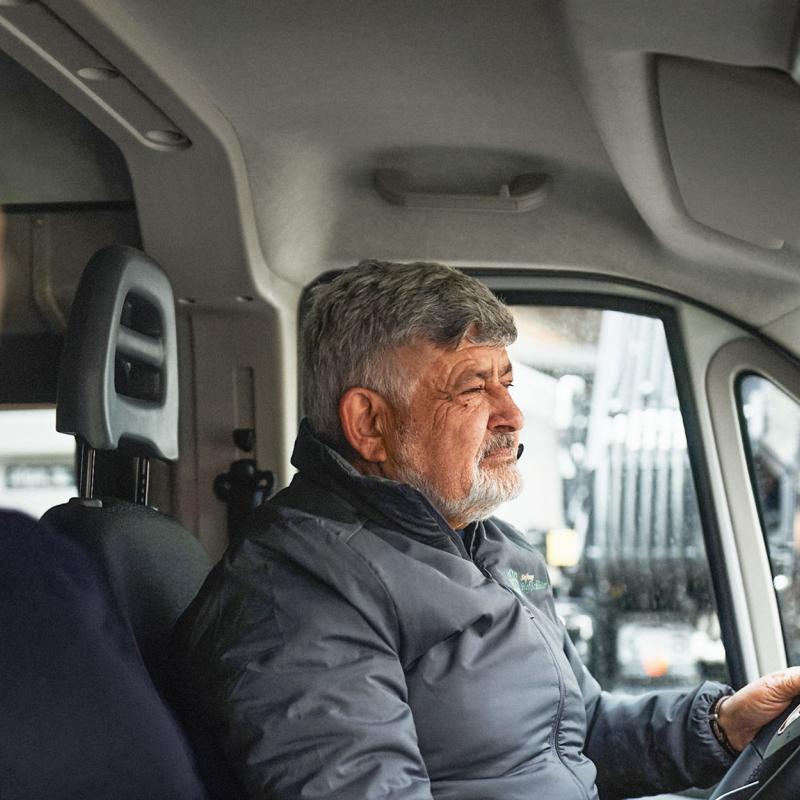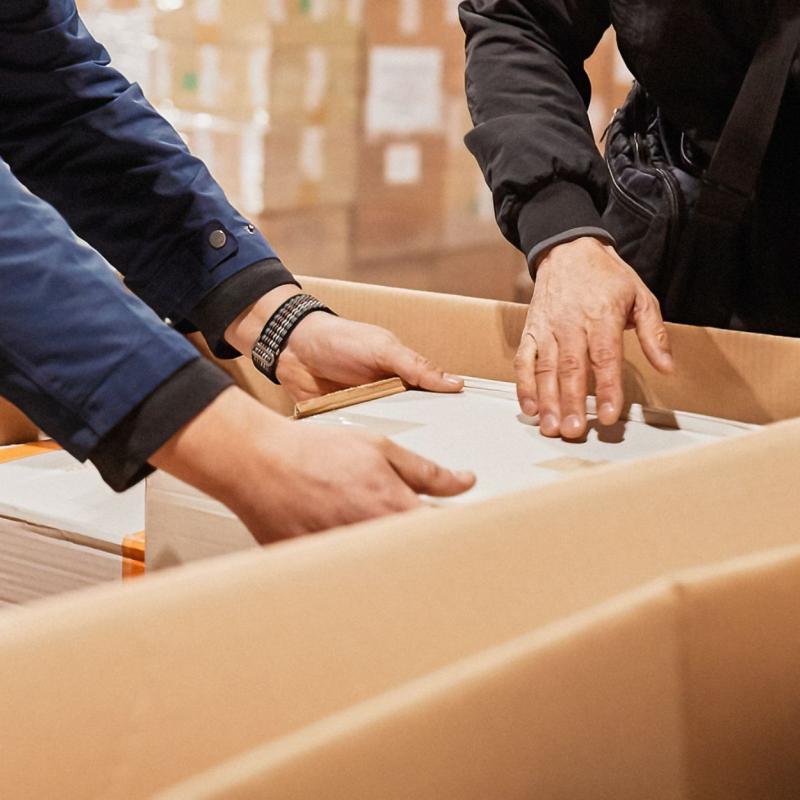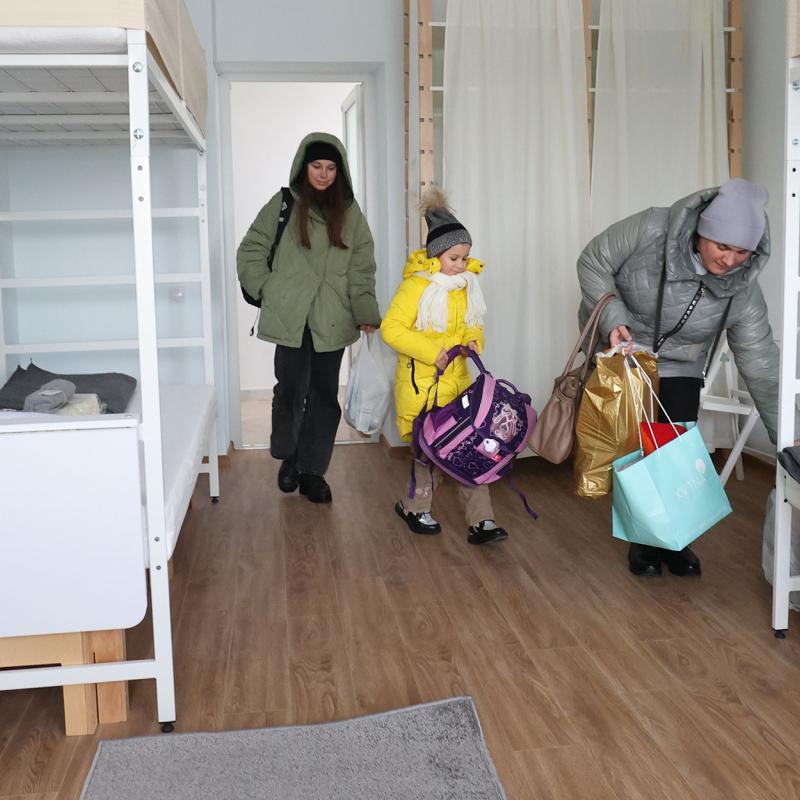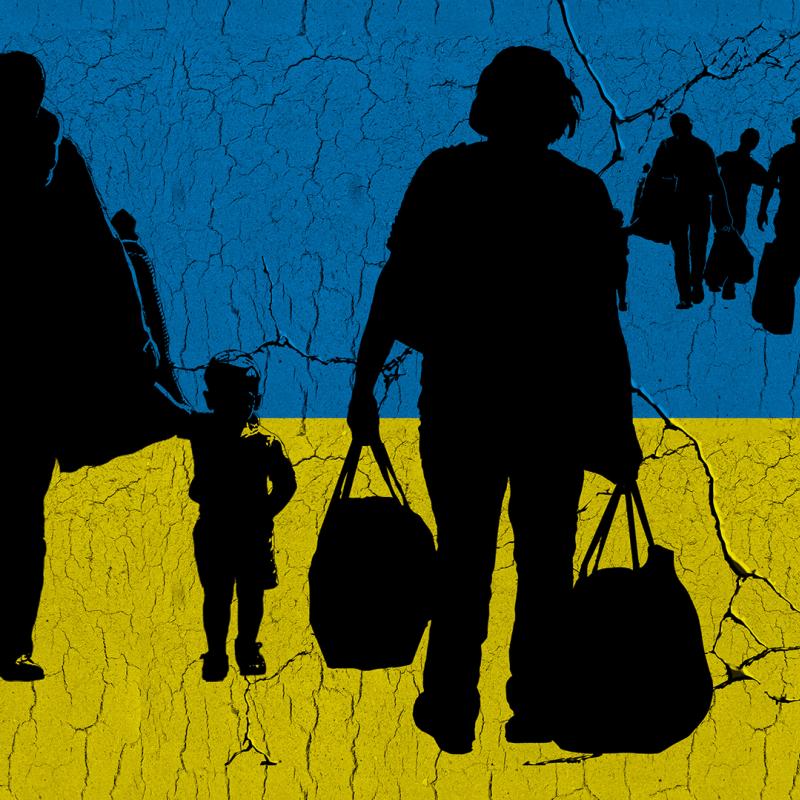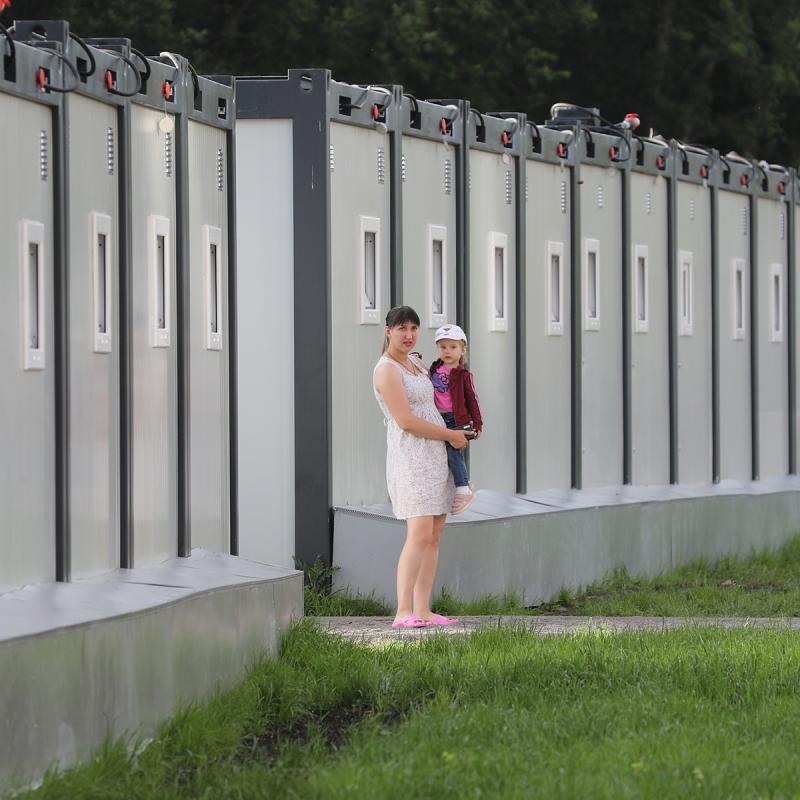 Gaby Gerster
Gaby Gerster
Ukraine Recovery Conference: a sign of solidarity
In the run-up to the Ukraine Recovery Conference, GIZ Managing Director Ingrid-Gabriela Hoven talks about her recent visit to Ukraine and the outstanding commitment of the GIZ team there.
Ms Hoven, you visited Ukraine just recently. What were your impressions?
I was extremely impressed by the resilience of the Ukrainians, and the will to defend their freedom and democracy that is palpable everywhere. They want to prepare for EU accession and are determined to fight for that. This is true at all levels – from the ministries to the municipalities. I met very dedicated partners wherever I went.
At the same time, in every discussion it is clear just how much this war is demanding from people – because they had to flee, they have lost everything, and they are mourning the loss of family and friends. These conditions make life especially hard for the children. I experienced a country that is strong, although it is in the midst of an ongoing war. A country that is having to endure so much and is defending itself with all its strength.
How can Ukraine recover successfully despite the war?
Recovery is already in full swing. It is taking place amid the war, because people need a roof over their heads, children want to go to school, and energy supplies need to be available. We are already working on reconstruction in places where there are shortfalls due to Russian attacks, where people’s daily lives and the economy have also been affected.
However, this is not just about buildings and infrastructure. Support is also being provided to people who have suffered physical and mental injuries. There is a focus on medical care, for instance in the new Unbroken Centre for orthopaedic rehabilitation in Lviv, where around 1,200 protheses can be produced every year for those wounded in the war. And traumatised people need psychological support. None of these things can wait.
 Kaniuka Ruslan
Kaniuka Ruslan
What do you expect from the international Recovery Conference in Berlin?
The conference will signal solidarity with Ukraine. It is precisely in this current phase, after almost two and a half years of war, that this kind of sign of joint support is especially important. We are thus showing people in Ukraine that we will remain at their side. Estimates put the total amount of damage that has already occurred at nearly USD 500 billion. And there is more every day. The attacks continue.
Given this situation, I believe it is essential for the international community to meet in Berlin to demonstrate solidarity and to reaffirm Ukraine’s prospects of joining the EU.
What is GIZ working on in Ukraine right now?
We have been working in Ukraine for more than 30 years. Currently our focus is mainly on recovery and EU accession. Specifically, we are working in four core areas: good governance, sustainable economic development, green energy supply and social cohesion. In response to the war, we are also stepping up our activities in the health sector. We currently have 45 projects underway in Ukraine. The projects all strive for continued resistance to Russia’s war of aggression.
What challenges are GIZ staff facing in Ukraine?
They are working under extremely difficult conditions and yet still show incredible dedication. The fact that we are able to work in Ukraine to the extent that we are is down to two things. During our many years of working in the country, we have built up an extensive network of contacts, and our staff are extremely skilled. These are key factors that allow us to continue our effective work and ensure that our efforts benefit the Ukrainian people. I would like to take this opportunity to thank all our colleagues in Ukraine once again. Without their expertise and their commitment, our work for Ukraine would not be possible.
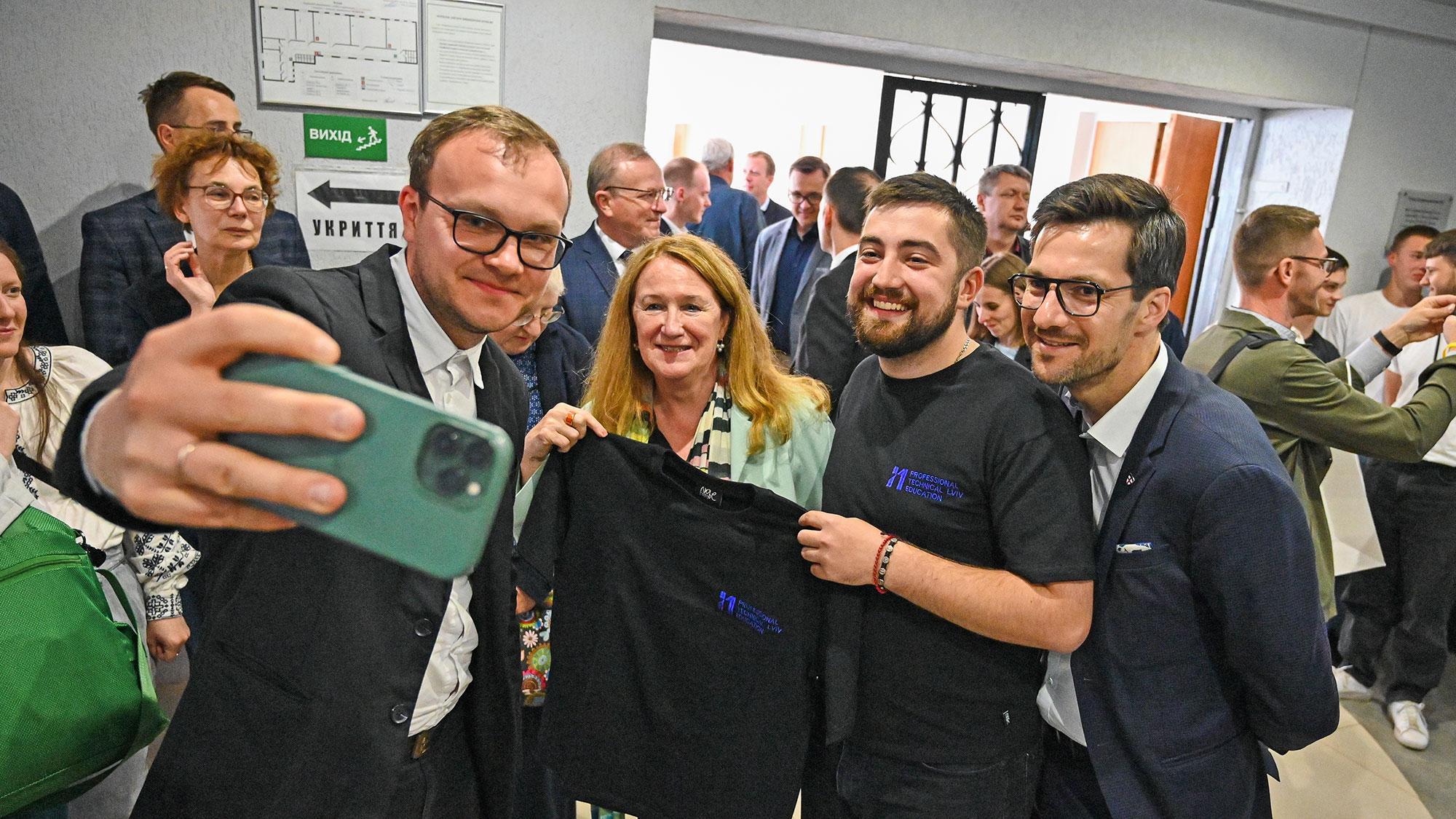 Kaniuka Ruslan
Kaniuka Ruslan
